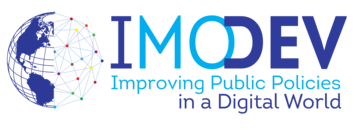Open Access & Open Research
Salle / Hall : Bibliothèque Cujas - Salle de conférences
Horaire / Schedule : 10h55 - 12h15
Président de séance : Maria Poli (Sr Social Accountability Advisor - Capacity and Implementation Support Coordinator - The World Bank / Global Partnership for Social Accountability - Argentina)
Langue / Language : English
Speech 1. FutureTDM improving uptake of TDM
Freyja Vandenboom - Open Knowledge International (Etats-Unis)
We would like to present and discuss the FutureTDM project, which is a Horizon 2020 project on how to improve the uptake of text-and datamining in the EU. See www.futuretdm.eu. Based on research and stakeholder consultations we have identified barriers for text-and datamining which include legal (copyright, database protection and dataprotection), technical, economy and lack of skill and education. We would like to participate in any of the above selected sessions to present our insights on open access and research and/or on the topic of text-and datamining and privacy. It will be a good opportunity for the participants also to have their say on the future of TDM as the discussion will feedback into the project which is developing recommendations for the EC on how to improve the uptake and overcome the identified barriers.
Speech 2.
Maria Poli Sr Advisor & Capacity Building Coordinator Global Partnership for Social Accountability
Speech 3. Adaptive learning, politics and open governance: Bridges between Research and Practice
Maria Florencia Guerzovich - Politeia ESAG - Universidade do Estado de Santa Catarina (Brésil)
There is an increasing recognition that progress towards more open governance requires engaging political processes. It comes about through cycles of learning by doing. Researchers, practitioners, and funders are increasingly taking these ideas on board. Many practitioners on the frontlines of national and sub-national change are innovating and experimenting how to operationalize these frameworks. Researchers are increasingly participating in practitioner-oriented research partnerships. These partnerships seek to lever research (and the joint research process) to improve concrete projects, strengthen organization’s learning capacities, train practice oriented researchers, and produce knowledge about civic participation and accountability.
Yet, much of this work is happening in silos. This session will create a space to have a reflection about what we are learning about these issues, both substantively on politics, adaptive learning, and open governance and in terms of the processes that foster knowledge production and application.
We should reach out to organizations planning to be in Paris, but the list could include a mix of organizations and researchers engaged in this conversation such as Practical Adaptation Network, Doing Development Differently, MIT´-Gov Lab, Thinking and Working Politically, GPSA, MAVC, among others



